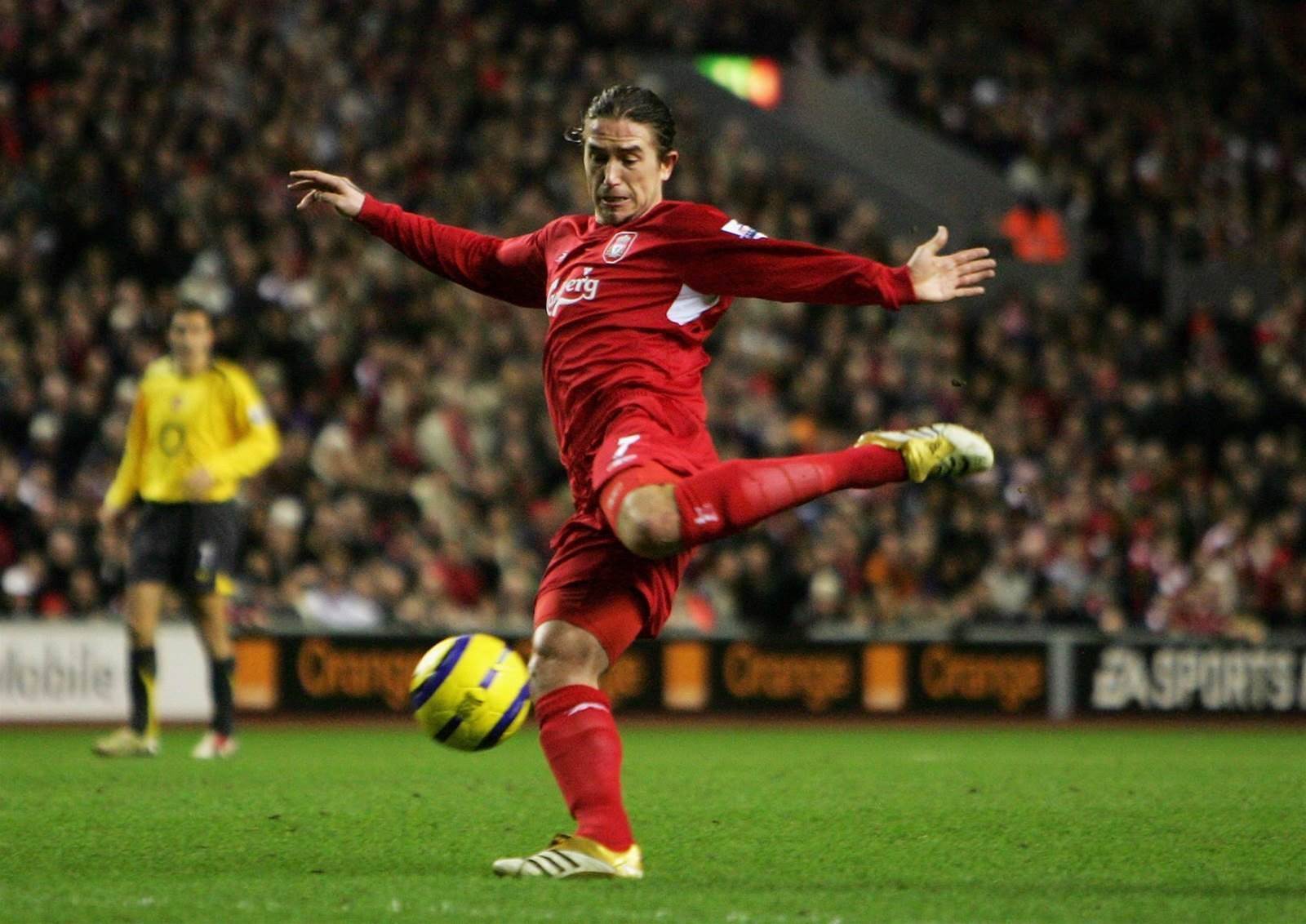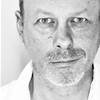Socceroo legend Harry Kewell will become the first footballer to be inducted into the Sport Australia Hall of Fame in 22 years at a gala dinner next month.
Kewell joins Peter Wilson (1985), Ray Baartz (1985), John Warren OAM MBE (1986), Joe Marston MBE(1988) and Alfred Quill (1996) as the only other footballers to find a place there.
“To be accepted into the Sport Australia Hall of Fame is an honour,” Kewell said today. “As a footballer, sometimes we are recognised with team awards because it’s a team sport.
"But if you get the opportunity to receive an award as an individual it’s something really special to me because it’s not just looking at one result, it’s looking at the whole picture, a whole season or your whole career – It’s something special.”
With today marking Kewell’s 40th birthday, his memories of the Socceroos’ run in Germany and that 2-2 draw against one of the world’s best outfits bring about a proud flashback.
“It was a great moment in Australian football history,” Kewell recalled. “Every kid dreams of playing in a World Cup, and for me to be able just to do that first and foremost was huge.
"To be able to start in a game where we were confident and we felt good enough to win, and to be able to score that goal to put us through to the next round, was one of my proudest moments.”
The iconic moment in his career was summed up best by commentator Simon Hill at the time exclaiming, “Australia's golden boy has come up with a golden goal! It just had to be Harry!”
Across 19 years and three continents, Kewell scored 91 goals in 381 club appearances, captained the Socceroos among his 56 national caps and played in two World Cups during the Socceroos’ golden generation of the 2000s.
But Kewell achieved all that despite being plagued with injury throughout his time at the top – particularly throughout his time at English Premier League giant Liverpool.

“It was frustrating for sure,” Kewell said. “The five years I spent at Liverpool I thoroughly enjoyed.
"It didn’t go quite to plan, I spent five years there, but it felt like only three years I was playing which was disappointing.
"But on another level, I look back and I think it made me the person I am today.
“I remember one night where I was sitting on the edge of my bed and I was crying, saying ‘I can’t do this no more’. I was only 27 or 28, and my body kept breaking down, but my wife, Sheree, was there, she put her arm around me and told me I had to keep going, not to give up.”
“I was down, it was very hard. You really need to look deep inside yourself and hopefully you’ve got the strength and character to persevere. I was lucky enough my wife was beside me the whole time through my career, she and my family helped a lot.”
Driven, decisive and blessed with one of the greatest left foot strikes we may ever see, Kewell featured in Liverpool’s 2005 Champions League victory, the 2006 FA Cup triumph and played a big part in legitimising Australia’s reputation in the football world.
Growing up in Western Sydney, Kewell played many sports as a child, but excelled in football from an early age, playing for Smithfield Hotspur before joining the Marconi Stallions as a highly-touted teenager.
As a 15-year-old he made the giant leap, crossing the globe to pursue his ambitions in England with fellow youngster Brett Emerton. Trialling for a month with Leeds United’s youth team, it was a massive journey he took without fear.
“I wasn’t scared - I was so excited," he said. "I couldn’t wait to get on the plane. Football was something that I wanted to do at a very early age and I was ready for it.
"I was only doing something that I loved, and I had an opportunity to fulfil a dream. I was never going to let that dream go.”
Successful, Kewell officially signed for the English club, and in 1996, at just 17 he made his first team debut against Middlesbrough. The following year he made 35 appearances for the club and scored eight goals.

That season, Kewell also became the youngest Socceroos debutant with his first cap against Chile. He scored in both legs of the agonising World Cup qualifying tie defeat to Iran in 1997.
The following seasons at Leeds, Kewell played arguably the best football of his career, winning the PFA Young Player of the Year award and was selected in the PFA Team of the Year, which prompted giant clubs like Barcelona, Chelsea, AC Milan and Bayern Munich to make lucrative, but unsuccessful, bids for his signature.
In 2001, Kewell played in a Champions League semi-final for Leeds, losing to Valencia, before the club lost most of its players prior to being relegated to the second division. From there he signed for one of the most successful clubs in world football, Liverpool, the team he supported as a child.
Injuries took their toll at the Reds, and in 2008 Kewell moved on from Anfield and signed with Turkish club Galatasaray, a year he was also made captain for the Socceroos in a World Cup qualifier against Iraq.
The attacking midfielder scored his first goal in Turkey just 20 seconds into his debut after coming off the bench in a Super Cup match. Following three seasons in Istanbul he would end his career with three years in Australia playing for both Melbourne Victory and Melbourne Heart in the A-League, before retiring at the age of 35.

Following a coaching spell with Watford’s under 21 side, Kewell managed English League Two side Crawley Town in 2017, becoming the first Australian to coach a professional English side. In August 2018 Kewell was appointed manager of Crawley’s League Two rivals Notts County, a role he says he is thriving in.
“I love it,” Kewell said. “It’s the thinking side of it that has really attracted me. I can’t do much during the 90 minutes, but to be able to force an idea into your team, to make them believe it and make them fulfil it on the weekend gives me a lot of joy.”
In less than three weeks’ time, Kewell’s incredible playing career will be celebrated with the highest honour in Australian sport.
“I look back at my career and I know I gave everything," he said. “I never took any games for granted because I knew I was always just one game away from sitting on the bench.
"I can safely say that I don’t miss playing now. I gave everything my body had, I pushed it to its limits, and now I sit here now on another journey which I absolutely love.
“I have no regrets… if I could’ve avoided injury, of course I would’ve, but I feel that my career has put me in great stead of what I love doing now. I can understand injuries, I understand the players and their pain.
“Maybe that was the reason I went through it all? So I can help younger players coming through… If so, that’s a good reason.”
Harry Kewell will be inducted into the Sport Australia Hall of Fame at the 34th Sport Australia Hall of Fame Induction and Awards Gala Dinner on October 11 in Melbourne.
Established in 1985, the Sport Australia Hall of Fame aims to preserve Australia’s sporting heritage and "promote the values of courage, sportsmanship, integrity, mateship, persistence, and excellence, all underpinned by generosity, modesty, pride and ambition."
Eight Australian sporting icons, from on and off the field, will be inducted into the Sport Australia Hall of Fame next month.
In addition, one existing Hall of Fame member will be elevated to Legend status, becoming the 40th official Legend of Australian Sport.
Related Articles

Socceroos midfielder embraces move to England

Cardiff City snap up sought-after Socceroos starlet














